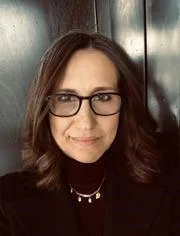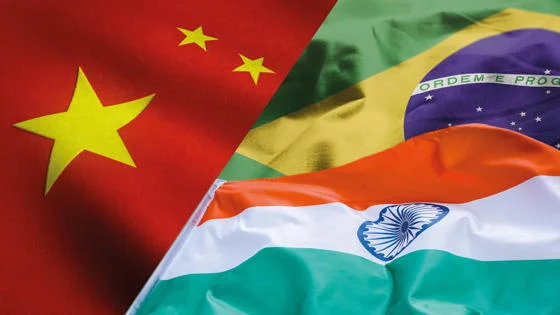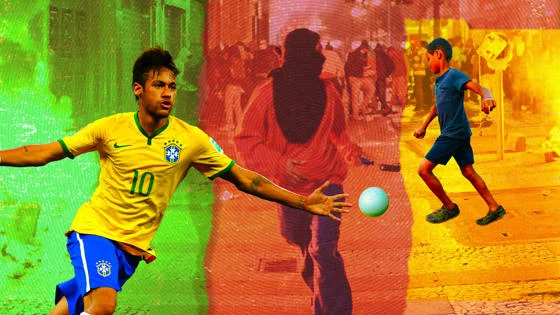The weaponisation of victimhood
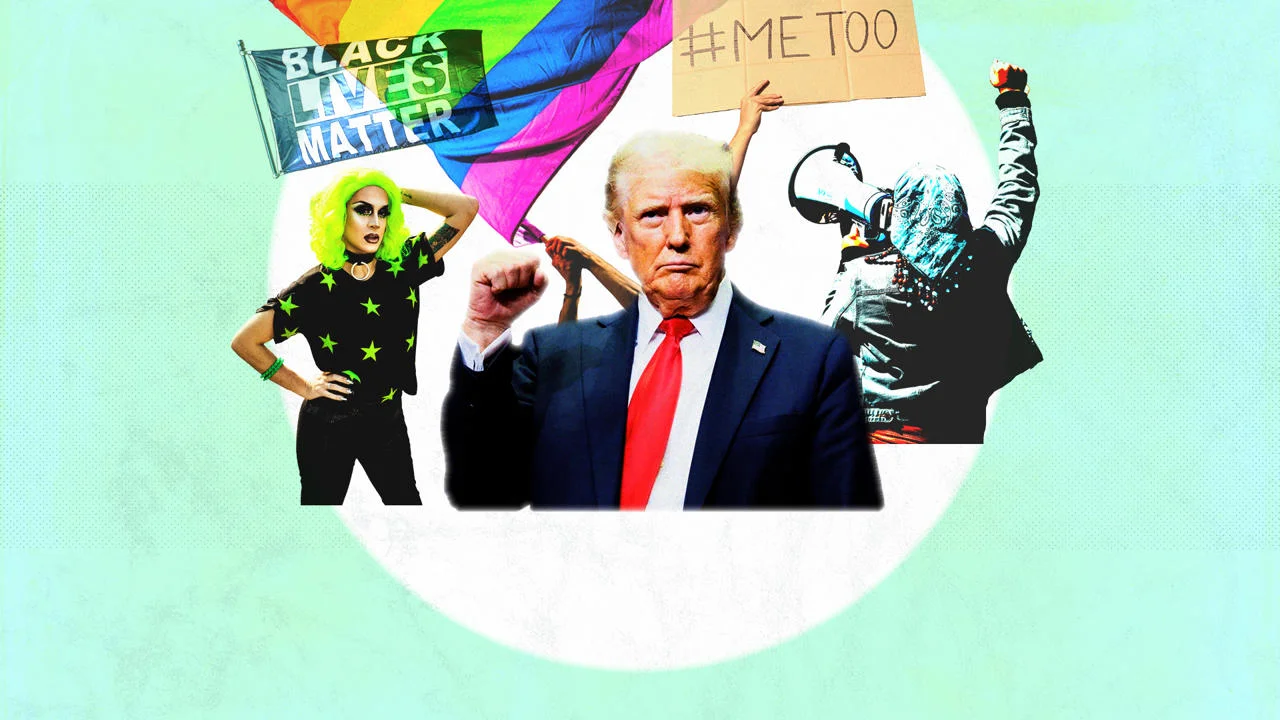
Contents
Professor Lilie Chouliaraki, Department of Media and Communications at LSE, explains how Trump and the Brexit referendum became the inspiration for her timely new book, Wronged: The Weaponization of Victimhood. Her research shows how social media platforms and far-right populism have turned victimhood into a weapon of the privileged.
She continues: "We usually think that victims are powerless and passive: vulnerable individuals or marginalised groups who suffer injustices or trauma. But what does it mean when we hear powerful individuals claiming that they are victims and they do so to gain even more power, to dominate over others?"
Trump: power, privilege and victimhood
Donald Trump is the quintessential example of this, she says.
"From his rape trial to his fraud trial, to his impeachment on the 6 January insurrection, he has always been using victimhood to his own benefit, he is always the one persecuted rather than the perpetrator. And, because of his power status, his voice always gets amplified, heard and validated by many."
Trump’s appeal, Professor Chouliaraki argues, lies precisely in graspingjust how pain operates as an effective communication tool and in manipulating this to project the people as victims, his opponents as enemies and himself as a defiant survivor and saviour of the people. At the same time, he builds on all the privileges of status, visibility, access and amplification through social media – thanks to X owner, Elon Musk – that he already enjoys and that helped him win.
"And while his own voice of victimhood reached as far and wide as possible, his messages vilified people and groups that have been historically treated unfairly or marginalised and othered – from women whose rights to bodily self-determination were challenged for the first time in half a century to migrants and the trans community."
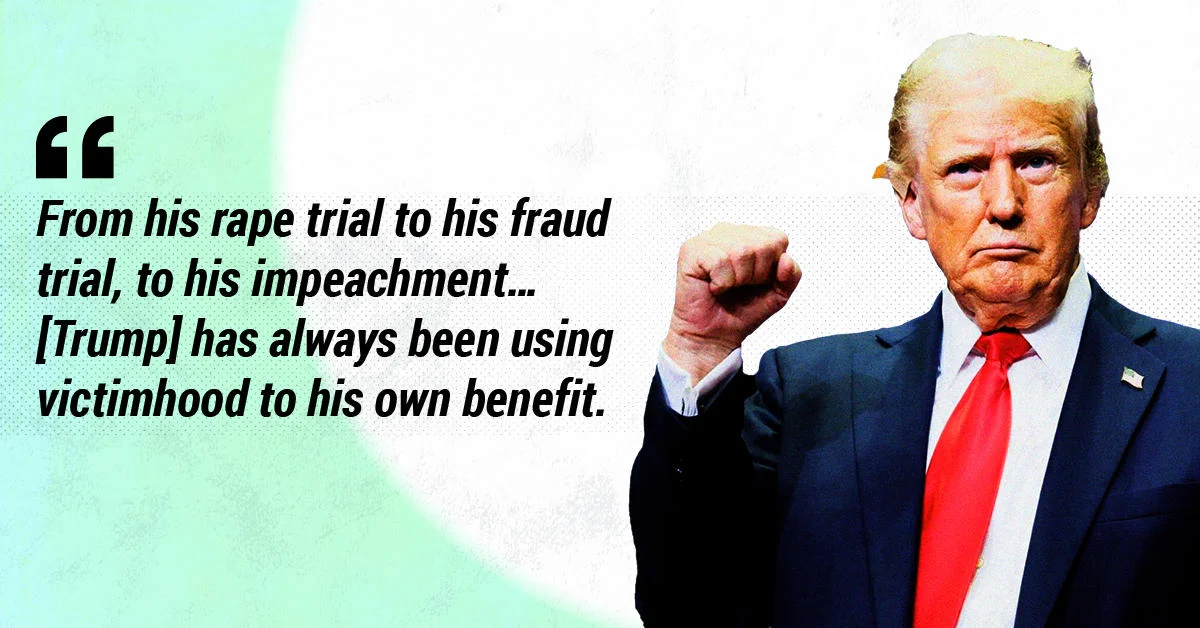
The language of victimhood
Working on case studies like Trump inspired her to explore powerful victims, Professor Chouliaraki says.
"I wanted to explore that link between victimhood and power. And specifically, how victimhood is complicit with power, how it is appropriated as a linguistic weapon of the already privileged to gain even more power – and ultimately do nothing about the most vulnerable in society."
Wronged starts by examining the origins and history of the idea of the victim and how this has changed over time. The "languages of pain’’, namely "trauma" and "injury", took their current form in late-19th-century and early-20th-century Western thought. Sigmund Freud and psychoanalysis highlighted trauma and emotional suffering. Karl Marx and liberal political thought focused attention on injury and social suffering.
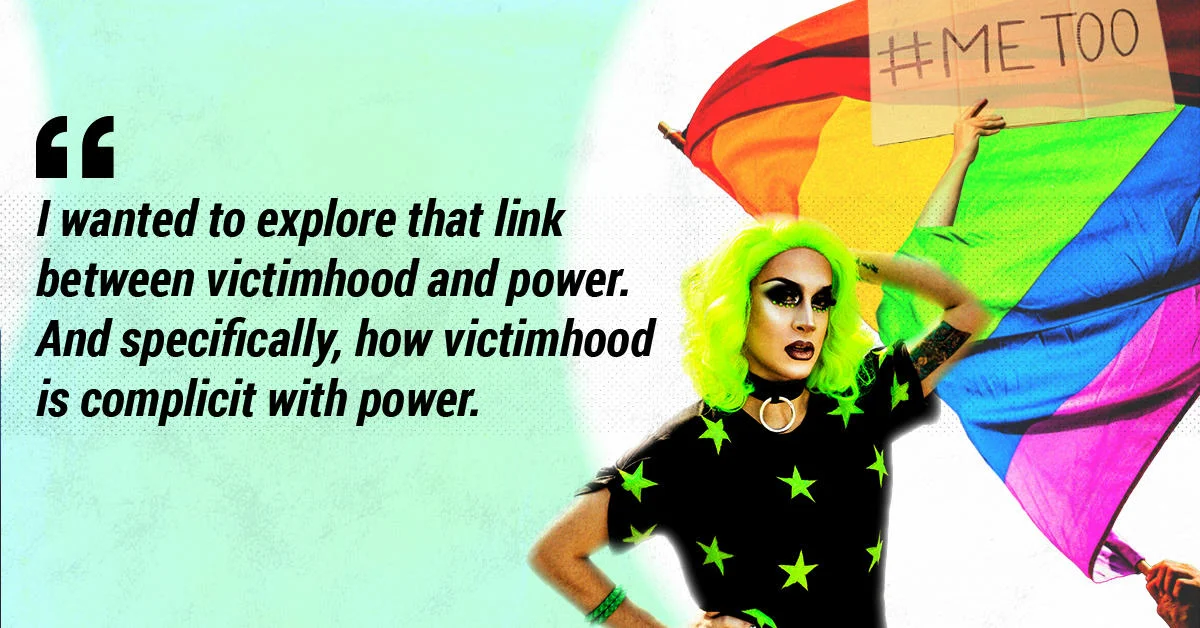
Professor Chouliaraki says: "These two languages gradually become indispensable in institutional communication – in the workplace, education, politics, in the media. Today, they are deeply entrenched in our ways of speaking, thinking and feeling about ourselves and about each other.
"Think about how much of our talk about romantic relations and dating borrow from the vocabulary of psychotherapy, such as trauma bonding, boundary, attachment style, safe space, or the legal vocabulary of human rights – entitlement, consent, my body my choice, and many others."
She argues that being a victim has become a powerful identity in contemporary life and a key feature of the heated controversies of our time. This also means that victimhood is not only about emotion, as we usually talk about it, but also mainly about social contestation and domination.
Claims of victimisation are reinforcing inequalities
"Claiming to be a victim is not so much about asking for empathy or seeking consensus but about seeking domination in a terrain of rival social forces and interests.What I propose in the book is that wecan learn a lot from approachingvictimhood as a space of struggle whereclaims to psychological suffering (trauma) and claims to social suffering (injury) co-exist, compete, clash and mix with one another.These are struggles over who is a victim to be empathised with, who needs to be castigated and punished as perpetrator and who is to be applauded or rewarded as benefactor."
It would be more productive to replace the polarising, hate-driven uses of victimhood ... [and] focus on experiences that most of us have in common.
Moving away from Trump, Professor Chouliaraki further draws on both contemporary and historical examples, from movements like #MeToo and Black Lives Matter, and the COVID-19 pandemic, to the major wars of the 20th century and the civil rights movement. Across these instances, her book reveals why claims of victimisation are so effective at reinforcing, instead of alleviating, inequalities of class, gender and race, but also how social movements can go beyond victimhood and make a difference for the better in their communities. Unless we come to recognise the suffering of the truly vulnerable, Professor Chouliaraki warns, then the culture of victimhood will continue to perpetuate and enable social inequalities.
"We are witnessing the rise and rise of the far right with real existential risks for the most vulnerable among us and the planet itself. It would be more productive to replace the polarising, hate-driven uses of victimhood that divide us into communities of ‘us’ and ‘our enemies’, and to move away from claims to pain that underline our differences. It would be so much better to focus on experiences of vulnerability that most of us have in common – in terms of the kinds of violence we may be exposed to, say from financial precarity, social discrimination to patriarchal oppression.
"But we must also go beyond suffering, and craft stories that not only speak of pain but also joy and humour, empathy and gratitude, hope and vision. If the vocabulary of victimhood is about relating, about producing relations across individuals and groups, then what kinds of relations we choose to narrate amongst us is a key political question that has not been addressed adequately yet."
Another essential, she argues, is more critical scrutiny of claims to victimhood.
"Can we start asking question like: ‘why is this claim to pain worthy of my response?’ ‘What is the broader context of this claim to victimhood?’ ‘Who is blamed and who is praised?’
"We need to move away from the simple idea that victimhood is about pure suffering and that victims are always innocent people who suffered a misfortune. This is not because we want to deny victims their pain or humanity, but because we want to hold accountable the political logics and processes that can and often do turn those victims into self-righteous perpetrators.
Doing the hard work of asking difficult and uncomfortable questions about the circumstances and implications of claims to being a victim in public debate is today more important than ever. It can help us reach some degree of clarity around what game of power is at work and what to do to protect those who remain most vulnerable in our societies and in our world."
Professor Lilie Chouliaraki was speaking to Joanna Bale, Senior Media Relations Manager at LSE.
Download this article as a print-optimised PDF [297KB].
NEWS: Wronged. The Weaponization of Victimhood wins major awards in 2025
Wronged. The Weaponization of Victimhood has earned major international recognition in 2025, winning both the Outstanding Book Award of the International Communication Association (ICA) and the Best Book Award of the ICA Philosophy, Theory, and Critique Division, two of the highest honours in the Media and Communications field. Prof. Chouliaraki is the only twice-recipient of the major ICA Outstanding Book Award, having also won in 2015 for her The Ironic Spectator. Solidarity in the Age of Post-humanitarianism (Polity, 2013).
Wronged. The Weaponization of Victimhood was also shortlisted for the Media, Communion and Cultural Studies Association (MeCCSA) Monograph of the Year Award, and the Breaking the Walls of Science Award in the Social Sciences and Humanities category of the Breaking Walls Foundation, Berlin - both underscoring the book's interdisciplinary reach and impact.

